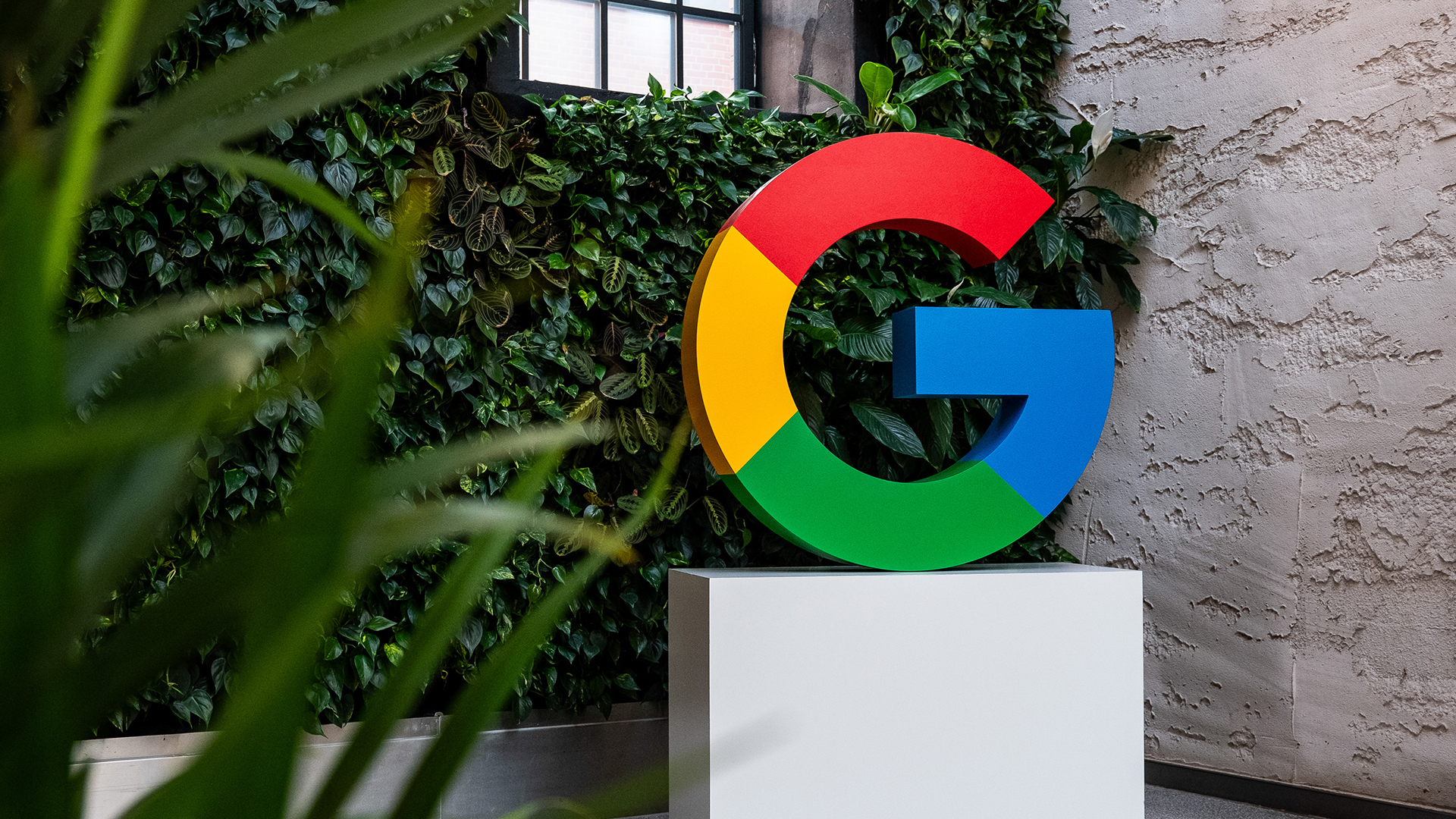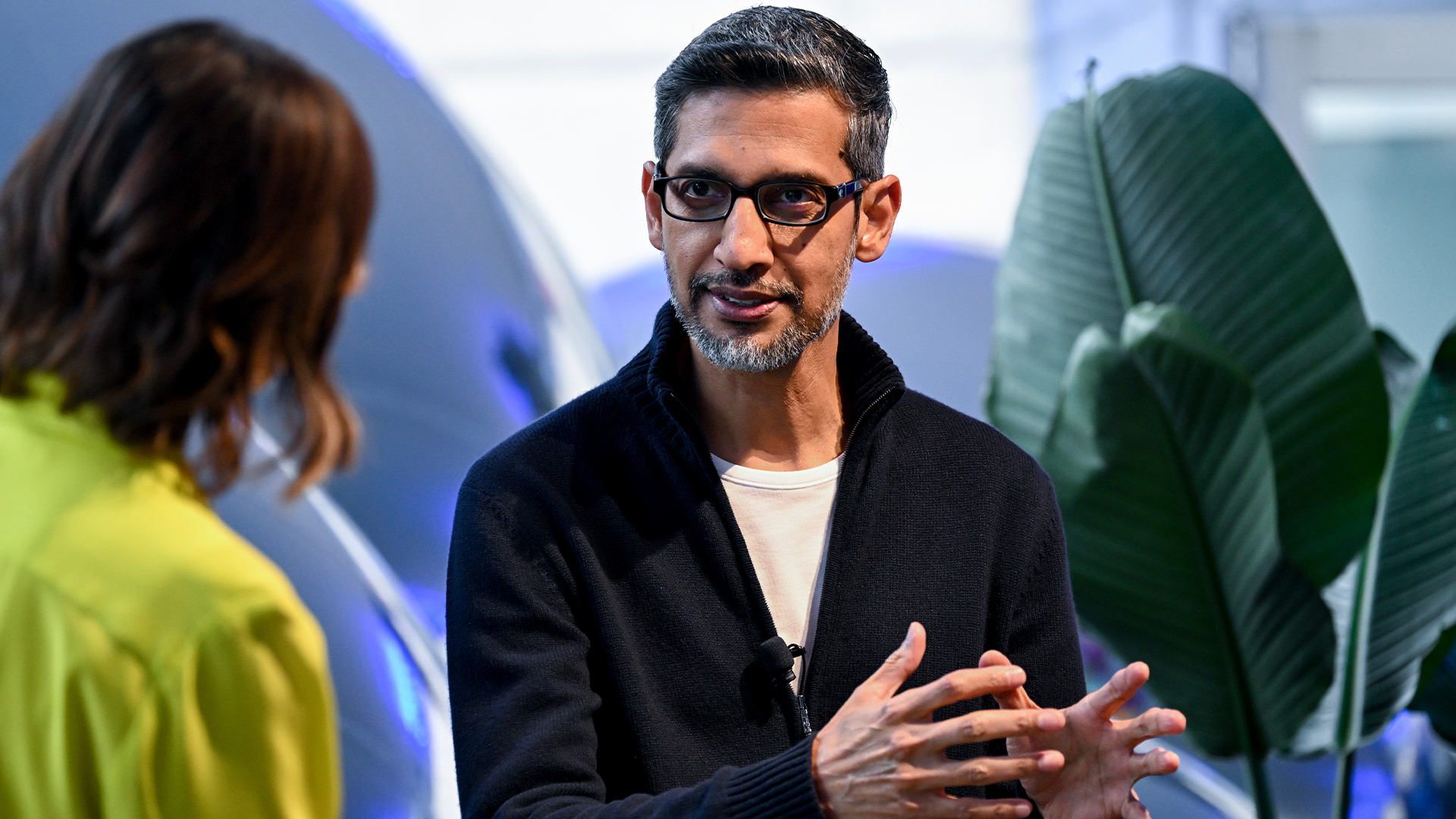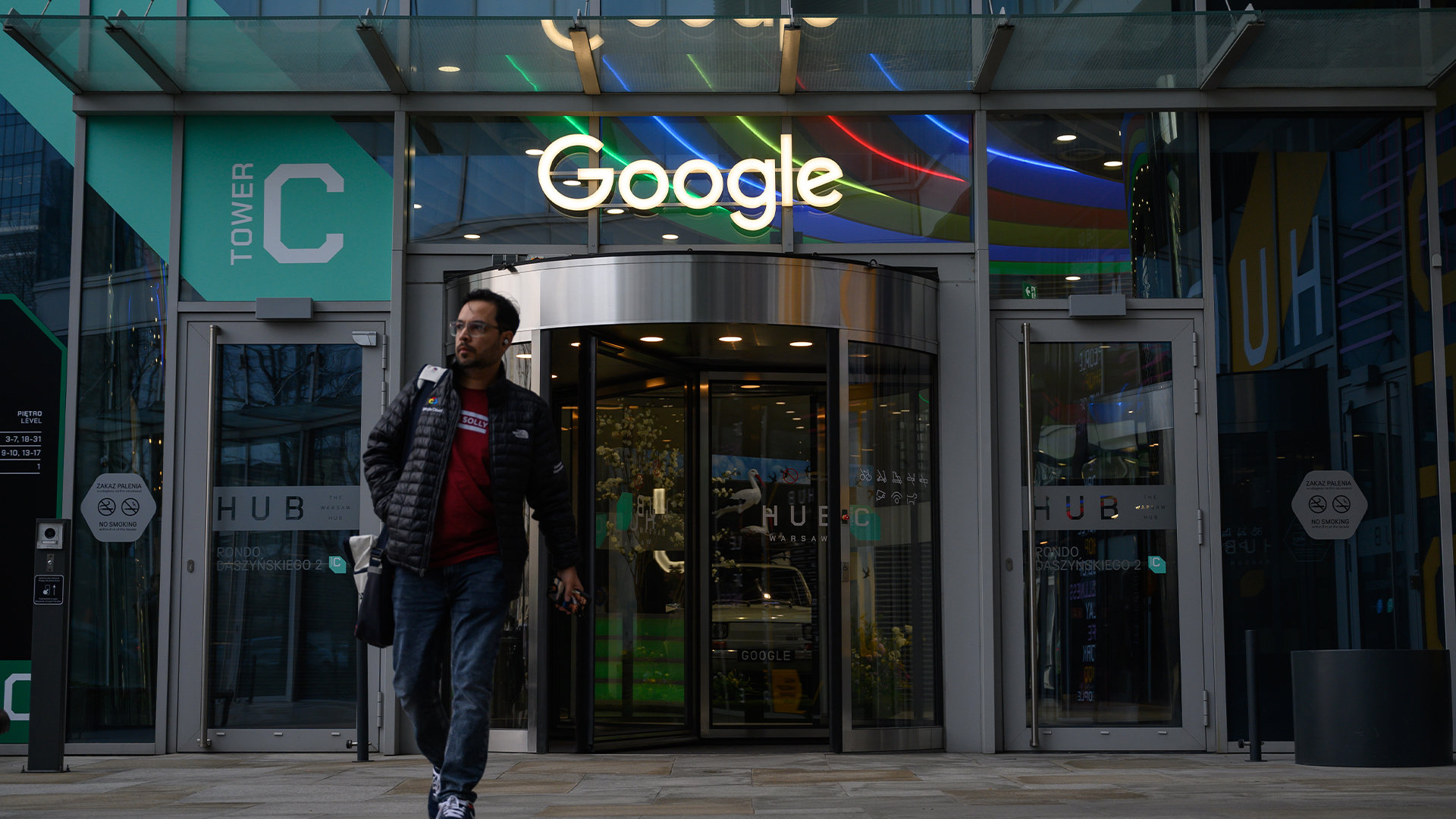Google just released a new AI agent for data scientists on Colab, and it’s free to use
The Data Science Agent can help cut down manual tasks from weeks to days


Google Labs has made Data Science Agent available to all Colab users in a bid to help automate data analysis processes.
Google Colab is a free, cloud-hosted Jupyter Notebook where users can write and execute Python code.
According to the tech giant, the Data Science Agent can help users cut research and data analysis times from weeks to minutes, as there's no need for setup tasks like importing libraries, loading data, and writing boilerplate code.
"In fact, a scientist at Lawrence Berkeley National Laboratory working on a global tropical wetland methane emissions project estimated Google’s Data Science Agent reduced their analysis and processing time from one week to five minutes," said the firm.
Powered by Gemini 2.0, Data Science Agent users can describe the analysis they want to see in plain language. The necessary code, import libraries, and analysis are then generated in a working Colab notebook.
Data Science Agent provides fully functional Colab notebooks, Google said, and not just code snippets, but complete, executable notebooks. Solutions can be modified, with the generated code customizable and extendable.
"We’ve heard awesome feedback from trusted testers like 'Data Science Agent generated concise and high-quality code, effectively corrected errors, and proved to be user-friendly' and ‘I've already started exploring Data Science Agent and think it's a great product. This access will greatly help me streamline my data workflows and uncover valuable insights'," Google said.
Sign up today and you will receive a free copy of our Future Focus 2025 report - the leading guidance on AI, cybersecurity and other IT challenges as per 700+ senior executives
Under the hood of Google's Data Science Agent
Data Science Agent works by orchestrating a composite flow that mimics a typical data scientist’s workflow, using the large language model (LLM) for task decomposition and planning.
A flow consists of individual atomic flows or subflows that specialize in concrete data science tasks such as data cleaning, data exploration, and data plotting.
Each atomic flow is a sequence of individual steps, using code execution and execution output feedback to complete a subtask and communicate downstream.
Combining natural language to code, the planning and reasoning capabilities of LLMs and code execution allow agentic capabilities such as self-refinement, error correction, and summarization, Google said.
Notebooks are generated dynamically by AI, including generated code, code outputs - for example plots - and text cells. They can be tailored by specifying the libraries, visualization types, algorithms, or evaluation metrics using natural language in the task description.
Users can also generate code for handling missing values, outliers, inconsistencies, and formatting issues, and create visualizations and summary statistics to understand the distribution, relationships, and characteristics of their data.
Similarly, they can implement hypothesis testing, correlation analysis, and other statistical techniques to draw meaningful insights from their data.
Meanwhile, predictive modeling allows machine learning models for regression or classification tasks based on your data and objective to be built and evaluated.
Google said future plans for Data Science Agent include interactive elements for user feedback and customization within the notebook generation process and enhancing natural language understanding for more flexible input descriptions.
It said it also plans to support additional data types for more complex tasks, along with the range of supported data science tasks and algorithms and larger file size upload support.
MORE FROM ITPRO
Emma Woollacott is a freelance journalist writing for publications including the BBC, Private Eye, Forbes, Raconteur and specialist technology titles.
-
 Gender diversity improvements could be the key to tackling the UK's AI skills shortage
Gender diversity improvements could be the key to tackling the UK's AI skills shortageNews Encouraging more women to pursue tech careers could plug huge gaps in the AI workforce
-
 Researchers claim Salt Typhoon masterminds learned their trade at Cisco Network Academy
Researchers claim Salt Typhoon masterminds learned their trade at Cisco Network AcademyNews The Salt Typhoon hacker group has targeted telecoms operators and US National Guard networks in recent years
-
 Microsoft CEO Satya Nadella says UK ties are 'stronger than ever' as tech giant pledges $30bn investment
Microsoft CEO Satya Nadella says UK ties are 'stronger than ever' as tech giant pledges $30bn investmentNews Microsoft CEO Satya Nadella says it's commitment to the UK is "stronger than ever" after the tech giant pledged $30bn to expand AI infrastructure and build a new supercomputer.
-
 Alphabet to spend $10bn more this year on cloud kit — taking total to $85bn
Alphabet to spend $10bn more this year on cloud kit — taking total to $85bnNews Google tops up AI and cloud infrastructure spending amid AI boom and positive results
-
 Google CEO Sundar Pichai is unfazed by AI job cuts — workers might not share the same optimism
Google CEO Sundar Pichai is unfazed by AI job cuts — workers might not share the same optimismAnalysis Google CEO Sundar Pichai is upbeat about the impact of AI on the workforce, but workers might not share the same optimism amid repeated waves of job cuts.
-
 Microsoft workers face a fresh round of layoffs – here’s who could be impacted
Microsoft workers face a fresh round of layoffs – here’s who could be impactedNews Microsoft will cut 6% of its workforce, equivalent to around 6,000 workers, as part of its latest cost-cutting drive.
-
 Google tells some remote workers to return to the office or risk losing jobs
Google tells some remote workers to return to the office or risk losing jobsNews Google has warned remote workers will need to return to the office or else lose their jobs, according to reports.
-
 Google breakup plans would ‘hurt America’s consumers, economy, and technological leadership’, senior exec claims
Google breakup plans would ‘hurt America’s consumers, economy, and technological leadership’, senior exec claimsNews Google has struck back against US regulators, claiming that plans to dismantle the company would "hurt the economy".
-
 Google faces 'first of its kind' class action for search ads overcharging in UK
Google faces 'first of its kind' class action for search ads overcharging in UKNews Google faces a "first of its kind" £5 billion lawsuit in the UK over accusations it has a monopoly in digital advertising that allows it to overcharge customers.
-
 ‘Europe could do it, but it's chosen not to do it’: Eric Schmidt thinks EU regulation will stifle AI innovation – but Britain has a huge opportunity
‘Europe could do it, but it's chosen not to do it’: Eric Schmidt thinks EU regulation will stifle AI innovation – but Britain has a huge opportunityNews Former Google CEO Eric Schmidt believes EU AI regulation is hampering innovation in the region and placing enterprises at a disadvantage.
